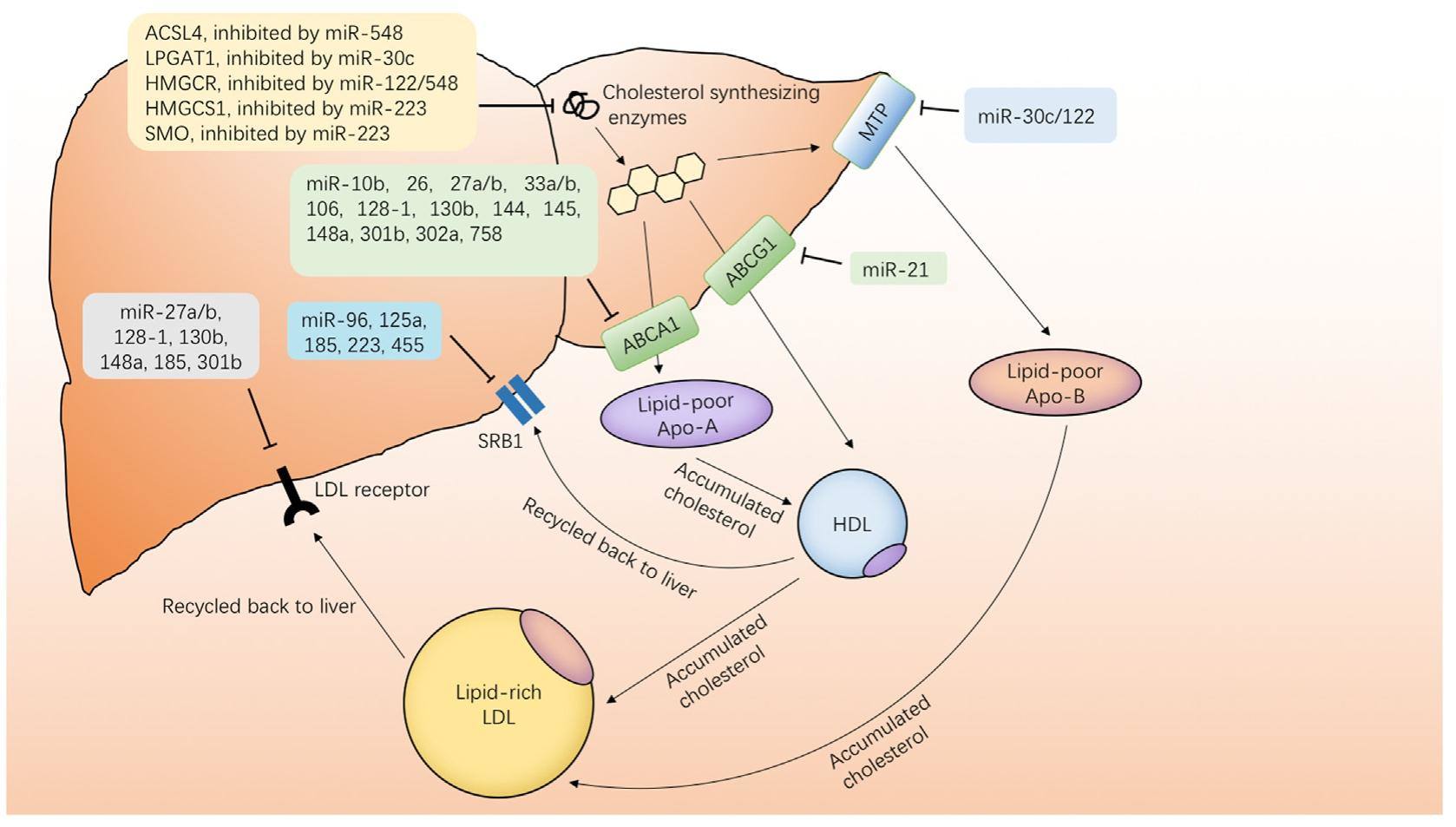
Pathogenic role of microRNAs in atherosclerotic ischemic stroke: Implications for diagnosis and therapy


Ischemic stroke resulting from atherosclerosis (particularly in the carotid artery) is one of the major subtypes of stroke and has a high incidence of death. Disordered lipid homeostasis, lipid deposition, local macrophage infiltration, smooth muscle cell proliferation, and plaque rupture are the main pathological processes of atherosclerotic ischemic stroke. Hepatocytes, macrophages, endothelial cells and vascular smooth muscle cells are the main cell types participating in these processes. By inhibiting the expression of the target genes in these cells, microRNAs play a key role in regulating lipid disorders and atherosclerotic ischemic stroke. In this article, we listed the microRNAs implicated in the pathology of atherosclerotic ischemic stroke and aimed to explain their pro-or antiatherosclerotic roles. Our article provides an update on the potential diagnostic use of miRNAs for detecting growing plaques and impending clinical events. Finally, we provide a perspective on the therapeutic use of local microRNA delivery and discuss the challenges for this potential therapy.
